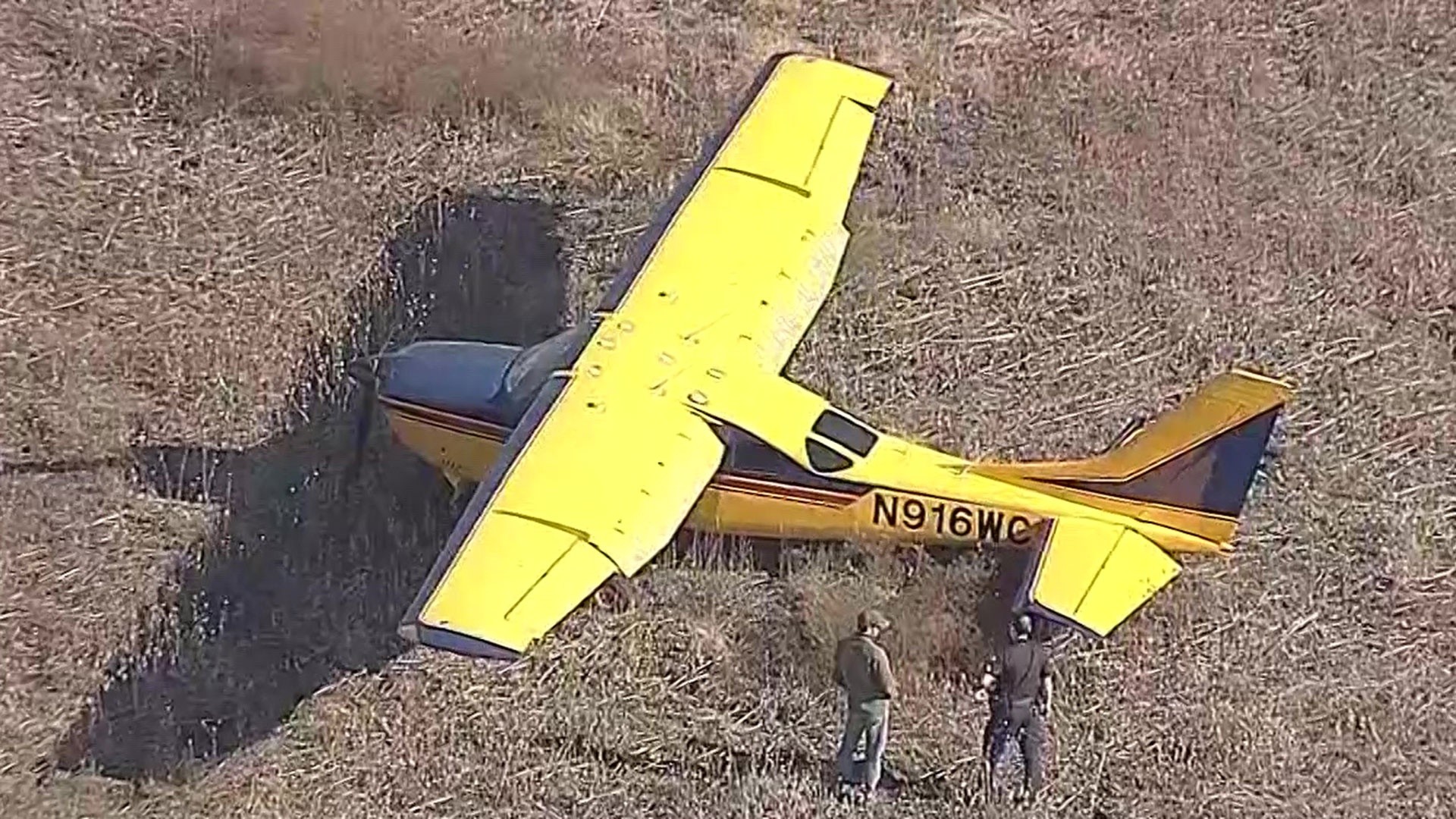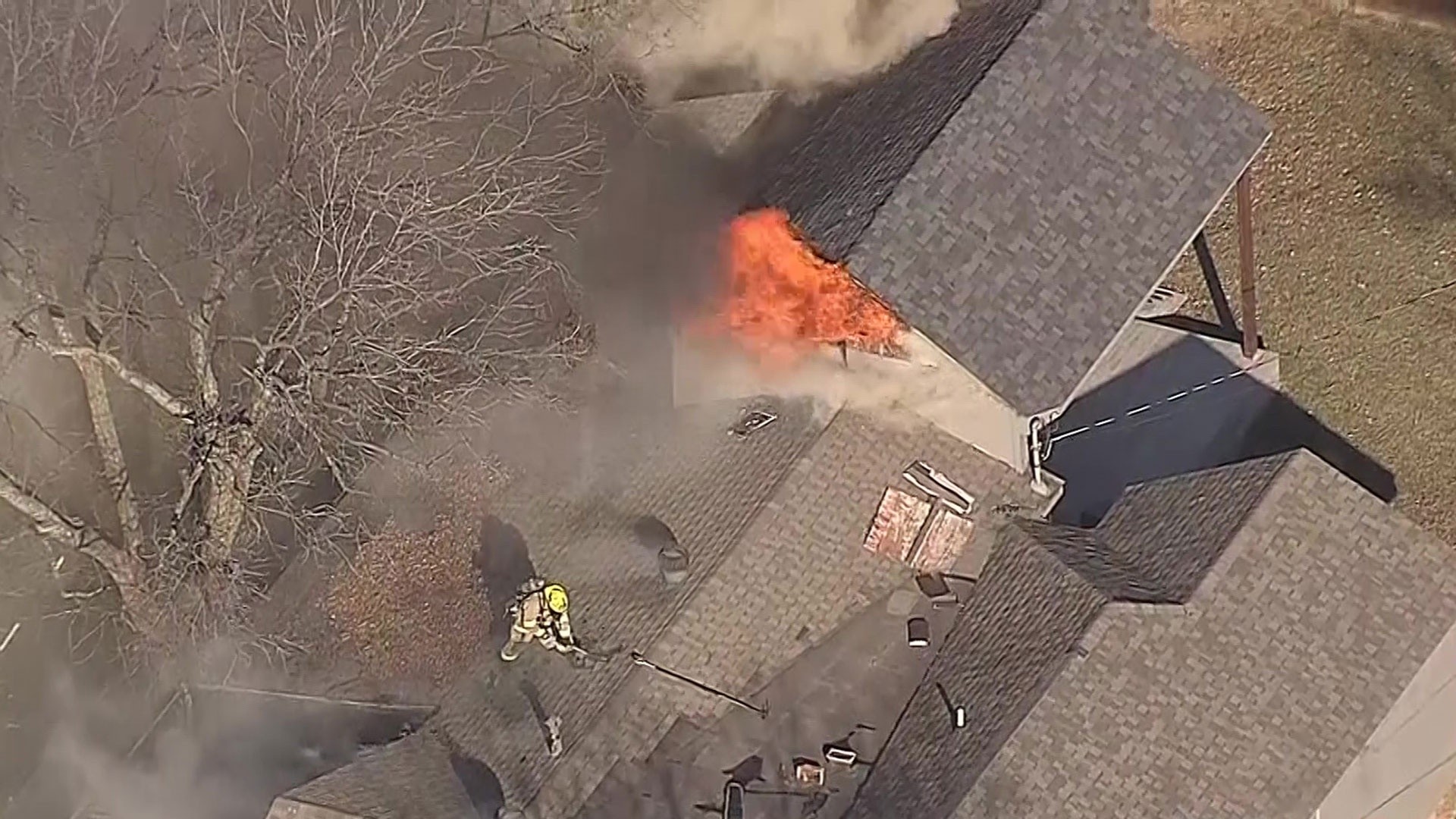Three and a half million Americans have epilepsy - a condition where abnormal activity in the brain causes seizures - periods of time where a person loses awareness. When medications don't work to minimize seizures, surgery may become the only option. Now it may be possible a minimally invasive brain surgery could give people their lives back.
Skye Cotler was a competitive cheerleader at Rutgers University, and she was on her way to a concert with friends when her world changed without warning.
"I guess, one of my friends noticed that, you know, I was turning blue or purple and that's kind of like the last thing I remember," Skye said.
Skye woke up in an ambulance. At the hospital, doctors determined she had a benign tangle of blood vessels in her brain that would bleed, causing seizures.
Get top local stories in DFW delivered to you every morning. >Sign up for NBC DFW's News Headlines newsletter.
Doctors recommended major brain surgery to correct the problem.
"A full-blown craniotomy, where they were gonna like, shave part of my head and go in that way," Skye said.
Invasive brain surgery would have diminished the risk of seizures but also meant Skye could have lifelong migraines and other side effects. Ten days before her scheduled surgery, Skye found Dr. Shabbar Danish,
Local
The latest news from around North Texas.
Dr. Danish and his team use a special laser therapy called MRI Laser Interstitial Thermal Therapy, or LITT. Surgeons drill a hole about an eighth of an inch wide and insert a special laser into the skull.
"The laser, itself, is a very small fiber, probably, thinner than the end of a ballpoint pen," said Jersey Shore Univ. Medical Center, MD Neurosurgeon, Shabbar F. Danish.
Surgeons use MRI guidance to find the precise area of the brain they need to treat.
When the laser is heated to between 113 and 140 degrees Fahrenheit, it causes treated cells to die.
"The next morning, I was like, standing, walking around but it was crazy because if I had gotten the regular craniotomy, I would've been out for, I don't know, a week or two weeks, however long," Cotler said.
Now, Skye is healthy and living a life seizure-free with no restrictions.
Dr. Danish says the MRI-guided LITT procedure is also effective in treating patients with some brain tumors including gliomas, and cancer that has metastasized to the brain.




